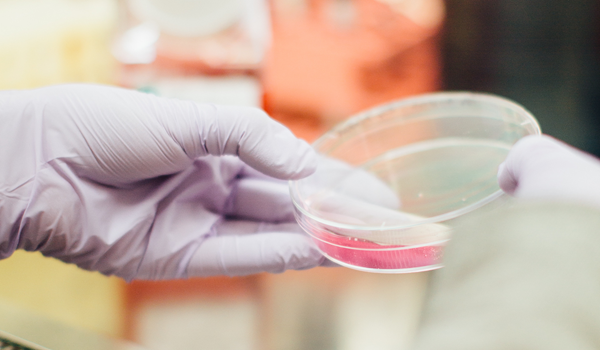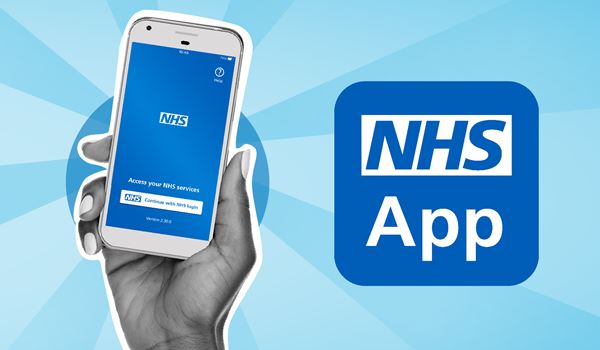Tests & Results
Results Of Tests And Investigations
If your doctor has requested any tests, they will provide a plan outlining the next steps. If you have not received a plan, please ask for one to help you manage your health effectively.
Our dedicated Health Advisor team will contact you directly if further action is needed based on your test results. While Health Advisors are trained to provide results, they cannot offer clinical advice. It is important to fully understand why your doctor requested the tests and the plan they have given you.
We also recommend that you contact the surgery to check your results, ensuring nothing is overlooked.


Online Test Results
Did you know you can now view your test results on the NHS APP?
Click here to find out how!
Blood Tests
Adult and Paediatric blood tests are done by our healthcare assistants here at Honeypot Medical Centre.
A blood test is when a sample of blood is taken for testing in a laboratory. Blood tests have a wide range of uses and are one of the most common types of medical test. For example, a blood test can be used to:
- Assess your general state of health
- Confirm the presence of a bacterial or viral infection
- See how well certain organs, such as the liver and kidneys, are functioning
A blood test usually involves the phlebotomist taking a blood sample from a blood vessel in your arm and the usual place for a sample is the inside of the elbow or wrist, where the veins are relatively close to the surface. Blood samples from children are most commonly taken from the back of the hand. The childs hand will be anaesthetised (numbed) with a special cream before the sample is taken.
You can find out more about blood tests, their purpose and the way they are performed on the NHS Choices website.
X-Rays
An X-ray is a widely used diagnostic test to examine the inside of the body. X-rays are a very effective way of detecting problems with bones, such as fractures. They can also often identify problems with soft tissue, such as pneumonia or breast cancer.
If you have an X-ray, you will be asked to lie on a table or stand against a surface so that the part of your body being X-rayed is between the X-ray tube and the photographic plate.
An X-ray is usually carried out by a radiographer, a healthcare professional who specialises in using imaging technology, such as X-rays and ultrasound scanners.
You can find out more about x-ray tests, how they are performed, their function and the risks by visiting the NHS Choices website.
Frequently Asked Questions Regarding Tests
When will my results come back?
Most routine blood test will take 72hrs. The following Blood tests will take longer:
- Diabetes blood test (Hba1c) – 1 week
- Rheumatoid Arthritis blood test – 1 week
- Coeliac blood test (endomyssial antibody) – 2 weeks
- Vitamin D blood test – 3 weeks
Other tests will take:
|
Test |
Time for Result |
|
Chest x-ray |
10 days |
|
Ultrasound scan |
10 days |
|
Helicobacter breath test |
1 week |
|
Urine sample |
1 week |
|
Sputum sample |
1 week |
|
Stool sample |
1 week |
|
Skin scraping |
Up to 3 months |
|
Nail clippings |
Up to 3 months |
|
Vaginal swab test |
Up to 2 week |
|
Smear test |
Up to 2 weeks |
|
24-hour Blood Pressure monitor |
3 days |
|
Home Blood pressure |
3 days |
How can I get my Test Results?
You can get your test results by:
- Viewing them on the NHS APP
- Calling the surgery after 11.00am
Why have I been asked to have a repeat test?
If a doctor asks you to have a repeat test it is usually because:
- The result was borderline or equivocal – so the doctor wants another sample to monitor the situation or to re-check
- The result is abnormal – and the doctor is unable to interpret the result without further tests so has asked you to come in for more test.
Please do not worry if the doctor has asked you for a repeat test, if there is a serious problem then the doctor will speak or request to see you directly.
